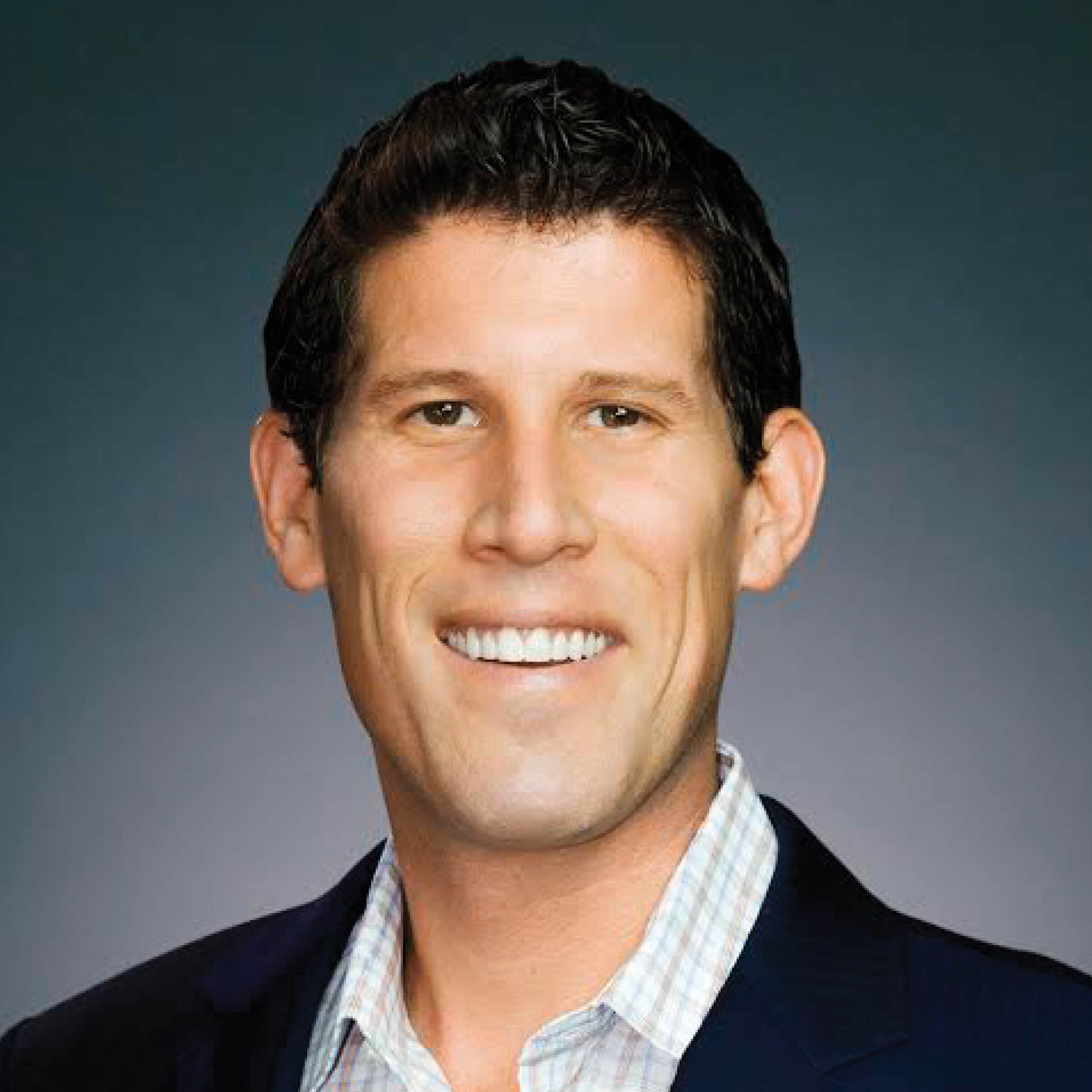Feb 5
2020
How Innovative Health Tech Can Reduce Hospital Re-Admission Rates
By Geoff Gross, founder and CEO, Medical Guardian.

The Hospital Re-admissions Reduction Program took effect in 2012 with the goal of sustainably lowering hospital re-admission rates. Since then, the program has levied nearly $2 billion in penalties (in the form of reduced Medicare payouts) for hospitals with high re-admission rates.The intentions behind the program were good, but it hasn’t played out quite as expected — a 2019 study determined there was no significant change in re-admission rates of heart-failure patients since the implementation of HRRP.
The program also impacts safety-net hospitals more acutely because they serve all patients regardless of insurance status; their patient populations are generally older, sicker, and bring in less income.
A better solution to the re-admission problem might be for healthcare providers to focus more on educating patients — both on preventive care and aftercare — and shoring up these efforts through technological innovations that make education and awareness accessible to all.
How Tech-Enabled Communication Can Lower Re-admission Rates
Truly improving patient outcomes and decreasing re-admission rates is about more than just treatment. In fact, discharge is a critical point in a patient’s recovery as well. Without proper education on aftercare, patients are likely to end up back in the hospital without a better understanding of their current health or how they can improve it.
If healthcare providers can find more effective methods of patient education and communication, they can actively change the course of a patient’s future. Healthcare providers must do more than send out a pamphlet or quickly run through home care at the end of a doctor’s visit.
In an ideal world, all patients understand their conditions, know how to treat their symptoms, and can help prevent re-admission. In reality, however, only 12% of American patients are proficient in health literacy. This means the majority of people are either misinformed or completely uninformed about their health conditions and treatment plans.
Search engines haven’t helped matters, either. Another study determined that Googling symptoms not only stresses people out, but also causes them to misdiagnose themselves. When it comes to patient education, healthcare providers need to take the reins if they’re serious about long-term wellness. Otherwise, misinformation and anxiety will rule the day.